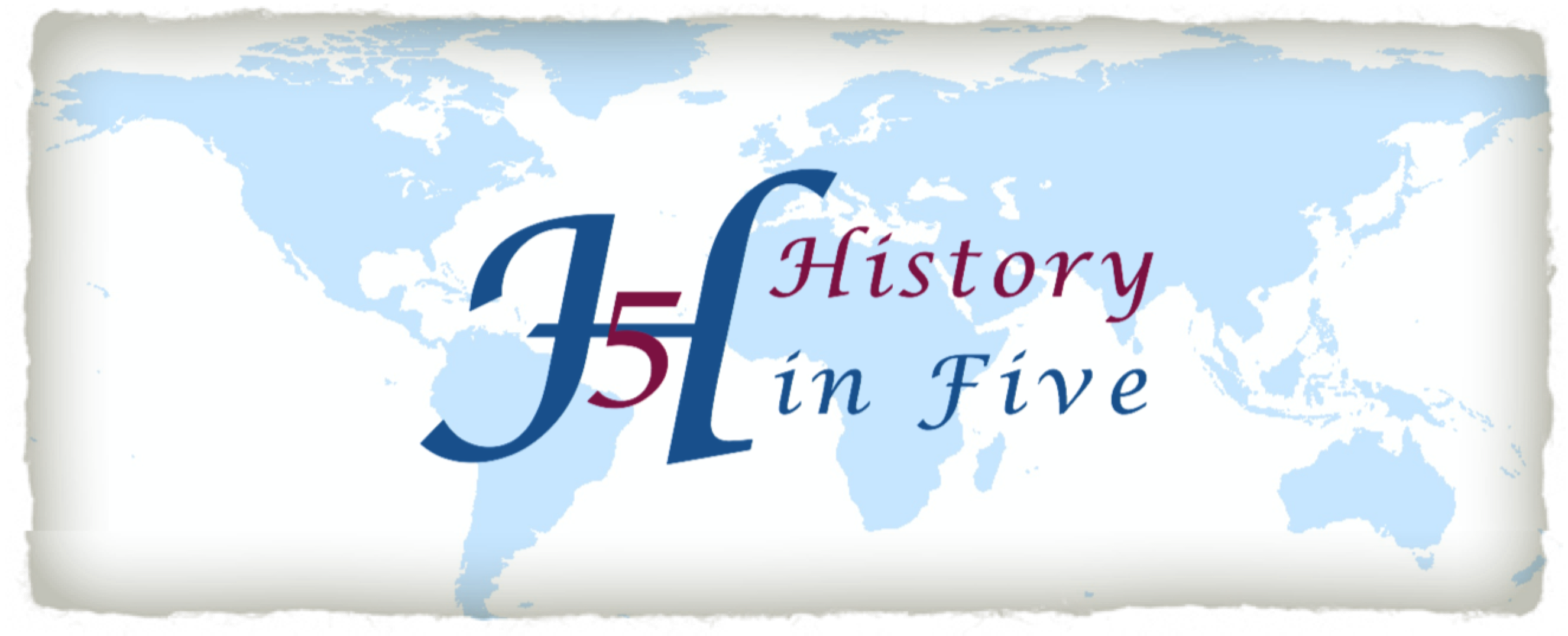Back to the video list: German History
In 1969 a coalition government, consisting of Social Democrats and Liberals, won the general election in Germany. The newly elected Chancellor Willy Brandt initiated a new policy towards the Eastern Bloc. Eventually, a dialogue with the socialistic GDR and other eastern states was established.
Video
Overview
- Date: 1969 - 1973
- Location: Germany
- Start: Announcing & realising the “Neue Ostpolitik“ (New Eastern Policy)
- End: Political, social & economic agreements made between Germany & several Eastern Bloc countries
Parties & Persons Involved
- Federal Republic of Germany
- German Democratic Republic
- Soviet Union
- Poland
- Czechoslovakia
- Willy Brandt (1913 – 1992)
- Egon Bahr (1922 – )
Background
- East-West conflict & Cold War
- De facto two states on German soil:
- Federal Republic of Germany (FRG)
- German Democratic Republic (GDR)
- Claim to sole representation since 1949 & Hallstein Doctrine since 1955
- People see the coexistence of 2 German States more and more as a given reality
- The objective of reunification is less present for the people
- More & more third officially & unofficially recognise the GDR
- Eastern bloc is economically underdeveloped & depends on western technology
History
- Jul 1963: Willy Brandt & Egon Bahr present the fundamentals of the new eastern policy – “change through rapprochement”
- 1967: The claim to sole representation & the Hallstein Doctrine are watered down by the Geburtsfehlertheorie (birth defect theorie)
- 1969: The SPD-FDP coalition comes into power & implements the Neue Ostpolitik (new eastern policy)
- “Change through rapprochement”/ convergence of the systems
- 2 German states but 1 German nation
- Abandoning the claim to sole representation
- GDR should be an active partner in the policy of detente
- Engagement for disarmament
- Engagement in the CSCE
- 19 Mar 1970: Summit of Erfurt between Willy Brandt & Willi Stoph
- 12 Aug 1970: Treaty of Moscow – Recognition of the Oder-Neisse-line as Poland’s western border & inviolability of the inner German border
- With the Treaty of Moscow the Brief zur Deutschen Einheit (letter on German unity) is handed over: The treaty “does not contradict the goal of the Federal Republic to seek peace in Europe in which the German people regain their unity in free self-determination.”
- 07 Dec 1970: Treaty of Warsaw & Warsaw Genuflection – Recognition of the Oder-Neisse border
- 03 Sep 1971: Four-Power Agreement with regards to Berlin – confirming the powers of the 4 former allies, securing free travel to Berlin & the FRG represents West Berlin internationally
- 1971/72: Further treaties mostly concerning travelling to the GDR & the transit to West Berlin
- 21 Dec 1972:Grundlagenvertrag (Basic Treaty), along with the letter on German unity:
- Engagement in the CSCE
- Inviolability of the inner German border
- National jurisdiction only within the own borders
- Respect for the independence of the other state
- Exchange of permanent representatives
- 18 Sep 1973: FRG & GDR become UN members
- 11 Dec 1973: Treaties of Prague – Recognition of the existing borders
Consequences & Impact
- Benefits for West Berlin & in the long-term for the people in East Germany
- Establishment of an East-West dialogue
- Independent German policy towards the eastern bloc
- Strengthening of the (perceived) German division
- Ambivalent evaluation with regards to the German reunification
